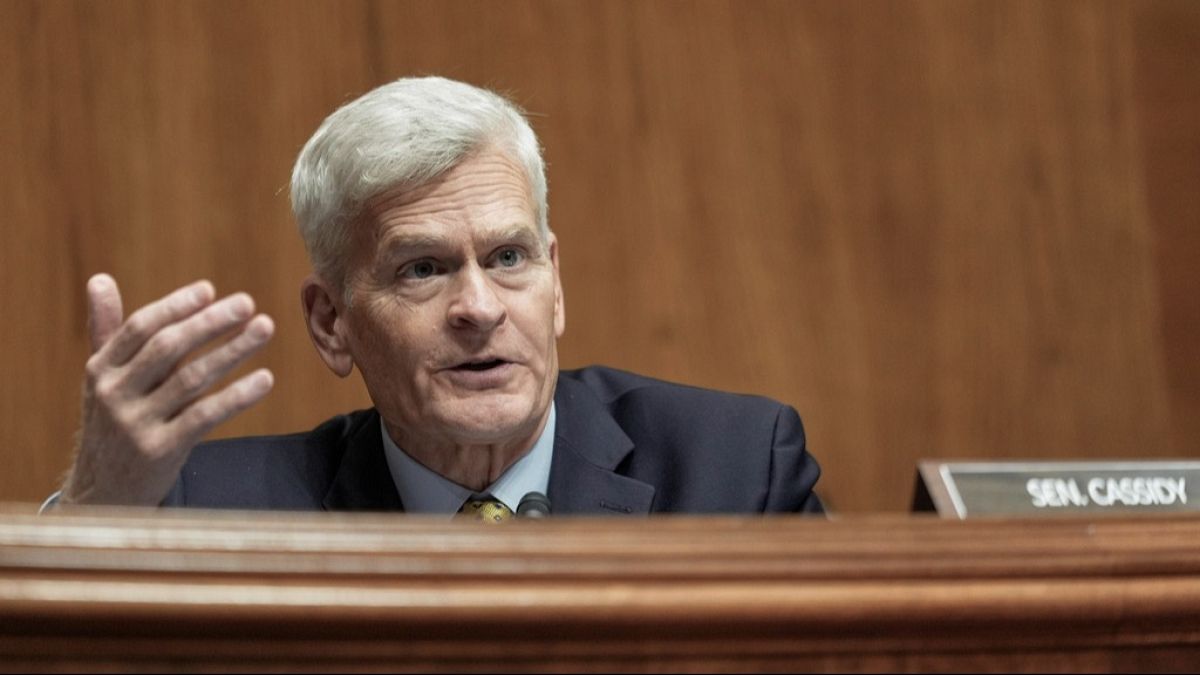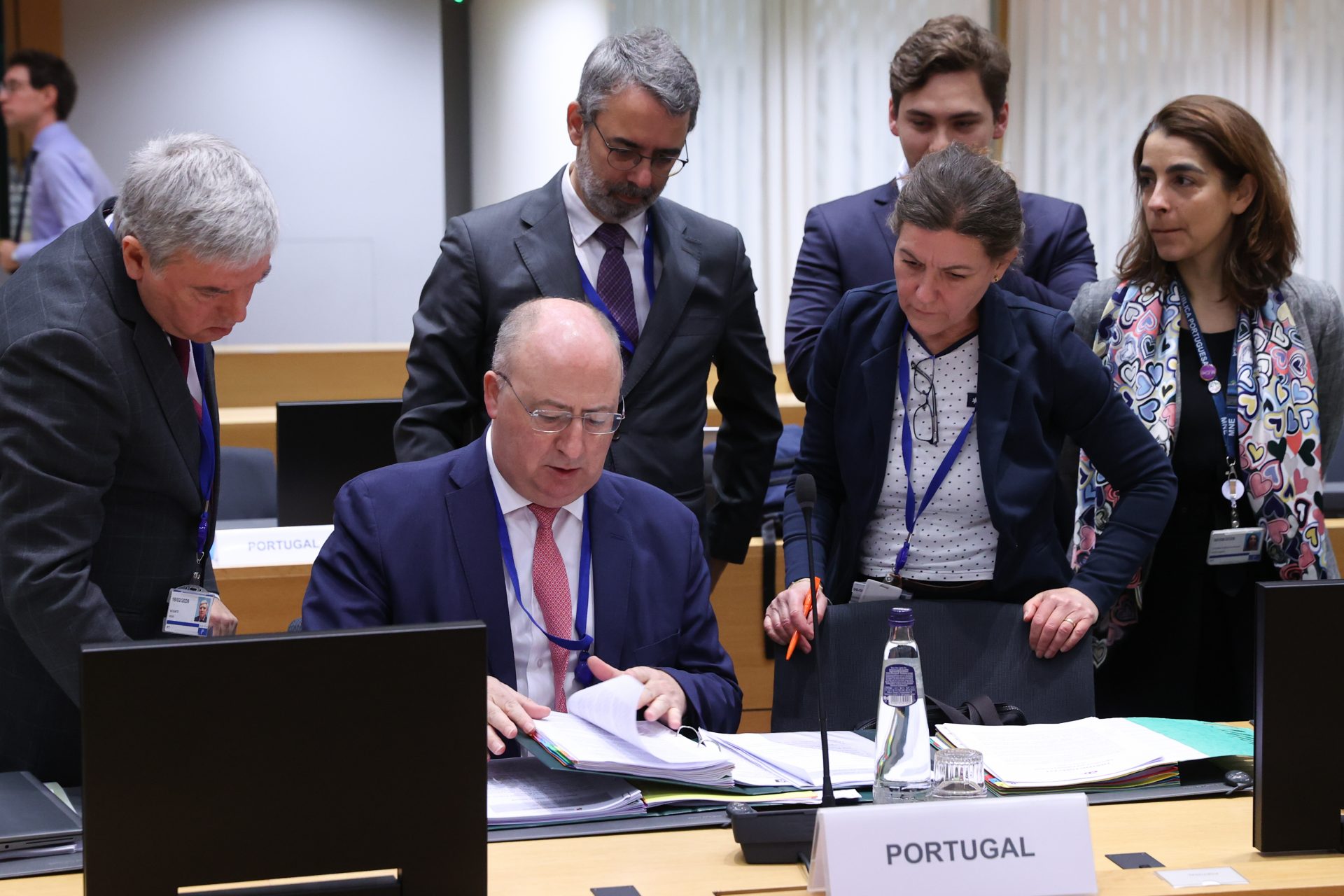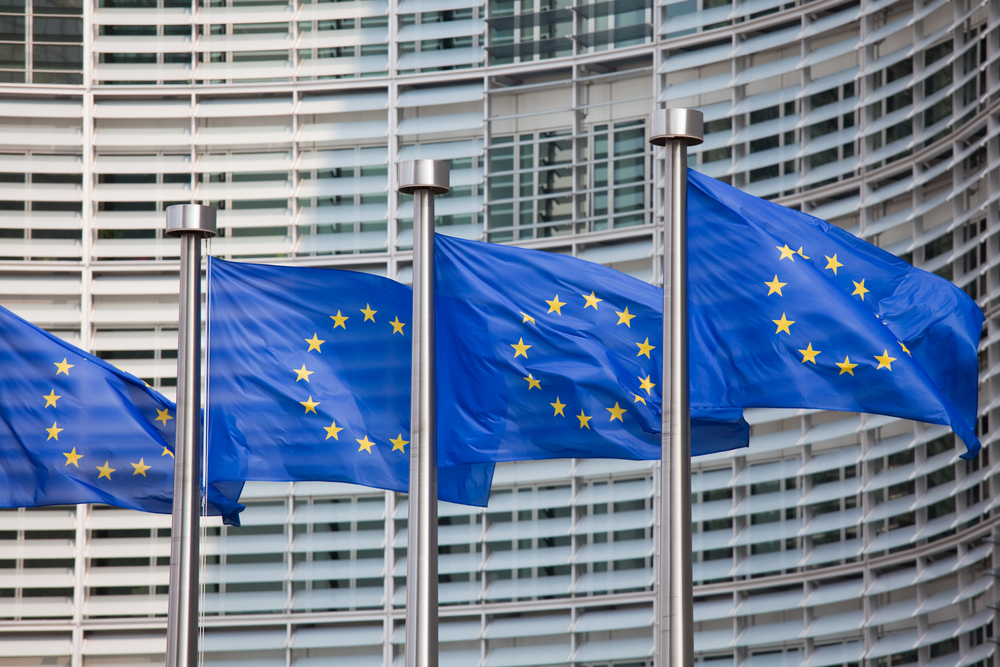EU: Gradual and coordinated phase-out of Russian fossil fuels

The European Commission today submitted its legislative proposal for the gradual and coordinated decoupling of the EU from Russian natural gas and oil by the end of 2027.
The Energy Commissioner, Dan Jørgensen, who presented the proposal, emphasized that “importing natural gas from Russia poses a threat to Europe’s security, which is why we are now proposing a ban on imports of Russian natural gas from the EU. This will increase our energy independence while reducing the revenues that Putin uses to finance his war.” He reassured that “no member state will be left without energy as a result of this proposal” and committed that the Commission will work closely with all member states, especially those that may face challenges.
For her part, Ursula von der Leyen stated that “Russia has repeatedly tried to blackmail us by using its energy resources as a weapon, and we are taking clear measures to turn off the tap and definitively end the era of Russian fossil fuels in Europe.”
Since the spring of 2022, following the Russian invasion of Ukraine, the EU has significantly reduced its reliance on Russian fossil fuels. Since then, imports of Russian coal have been completely banned, oil imports have decreased from 27% to 3% today, and imports of natural gas from Russia have dropped from 45% in 2021 to 19% in 2024, with forecasts indicating a further decline to 13% in 2025 with the end of the transit of Russian natural gas through Ukraine. Despite the significant progress made, in 2024 EU countries spent €23 billion on Russian fossil fuels. This leaves the EU exposed to significant risks for trade and energy security, the Commission believes.
The current regulatory proposal is based on the REPowerEU Plan, introduced in May 2022, following the Russian invasion of Ukraine, and follows the “Roadmap” presented by the Commission a month ago for the complete decoupling from Russian fossil fuels (crude oil and nuclear) and primarily from Russian natural gas (pipeline and LNG) gradually by 2027.
The proposed regulation stipulates that member states must submit, by the end of the year, national plans with specific measures and milestones for the gradual elimination of imports of Russian natural gas and oil.
Specifically, imports of Russian natural gas based on new contracts will be banned from January 1, 2026. Imports based on existing short-term contracts will cease by June 17, 2026, except for those for pipeline natural gas delivered to landlocked countries and linked to long-term contracts that will be allowed until the end of 2027. Imports based on long-term contracts will stop by the end of 2027. Long-term contracts for LNG terminal services for customers from Russia or controlled by Russian companies will also be banned. This will ensure that the capacity of the terminals can be redirected to alternative suppliers, ultimately enhancing the resilience of energy markets.
Companies holding supply contracts for Russian natural gas will need to provide information to the Commission. Additionally, importers of Russian natural gas will need to provide customs authorities with all necessary information confirming the path of the imported natural gas from its actual origin to the point of entry into the Union.
The proposed regulation will need to be approved by the European Parliament and the EU Council. Its approval in the Council will require a qualified majority. Hungary and Slovakia, which are still energy-dependent on Russia, are expected to vote against it. (17/6/25)
What's Your Reaction?
 Like
0
Like
0
 Dislike
0
Dislike
0
 Love
0
Love
0
 Funny
0
Funny
0
 Angry
0
Angry
0
 Sad
0
Sad
0
 Wow
0
Wow
0






















































.png?Expires=1838763821&Key-Pair-Id=K2ZIVPTIP2VGHC&Signature=IO0~CT3pU-TcxGc~yoZSmoQx23MZVuK-~4jSii~NKEblRmyO3el7NXPu~Rh1o23voASg7hlcHLw4kvQuDK1jssEhcjoNBBvEpZ~GGOAU6yosBhpHpeF179F~h7i6VxmsBNh9gtTutkoqY73O2YCFey~IAqSzKbBqETP1kP9cAg1916Z1YkJJs-5MliMrkZ5d7-mWGLbpHp2wGj2VlMph8XzYlL4~y1O7fB~JdIS~Rs4RMRs2x0WT1qUIpHAsf3GdwtOyAmKFSpIg8xCyNGZZ5h~13nXlmpd7uPvW8tBfttpG9pFTqcway-uch5WyfHOEfi7UlJCOWrr6fCYY5PMgSg__)







